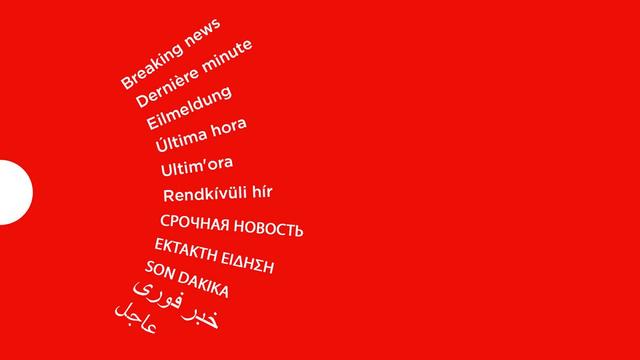Despite the legal complexities of a “true threat”, some at the receiving end of the vitriol are calling for more urgent action.
#Adrian #Fontes, Arizona’s current secretary of state whose office has been the target of several of the most serious threats, told the Guardian that in his view it was taking “monstrously long” for federal prosecutors to secure sentences.
He called for an increase in penalties, and a broadening of the scope of what constitutes a criminal threat against election officials. “I don’t know that the federal bureaucracy has been nimble enough.  They’re not treating it like the #domestic #terrorism that it is,
They’re not treating it like the #domestic #terrorism that it is, ” he said.
” he said.
#Bill #Gates, a Republican supervisor with Arizona’s largest constituency, Maricopa county which covers Phoenix, is quitting his job as a top election administrator after the November election in part because of the terrifying threats he and his family have suffered. He also called on the taskforce to step up the intensity of its operations at this critical moment.
“I’m grateful for what they’ve done, but we feel like they could do more,” he said. “We all feel that the January 6 prosecutions [over the attack on the US Capitol] have been very aggressive and well-publicized, and  we’d like to see the same level when it comes to threats against election workers
we’d like to see the same level when it comes to threats against election workers .”
.”
The taskforce said that the 12- to 24-month gestation period for its election threats prosecutions was similar to any other federal case, from violent crime to fraud. Keller agreed though that #deterrence was vital.
“The deterrent value of the cases is critical. Like most things in most spaces, I’m sure that we could do more and do better, and we are trying to come up with new ways to attract more attention to this work to maximize that deterrent impact,” he said.


